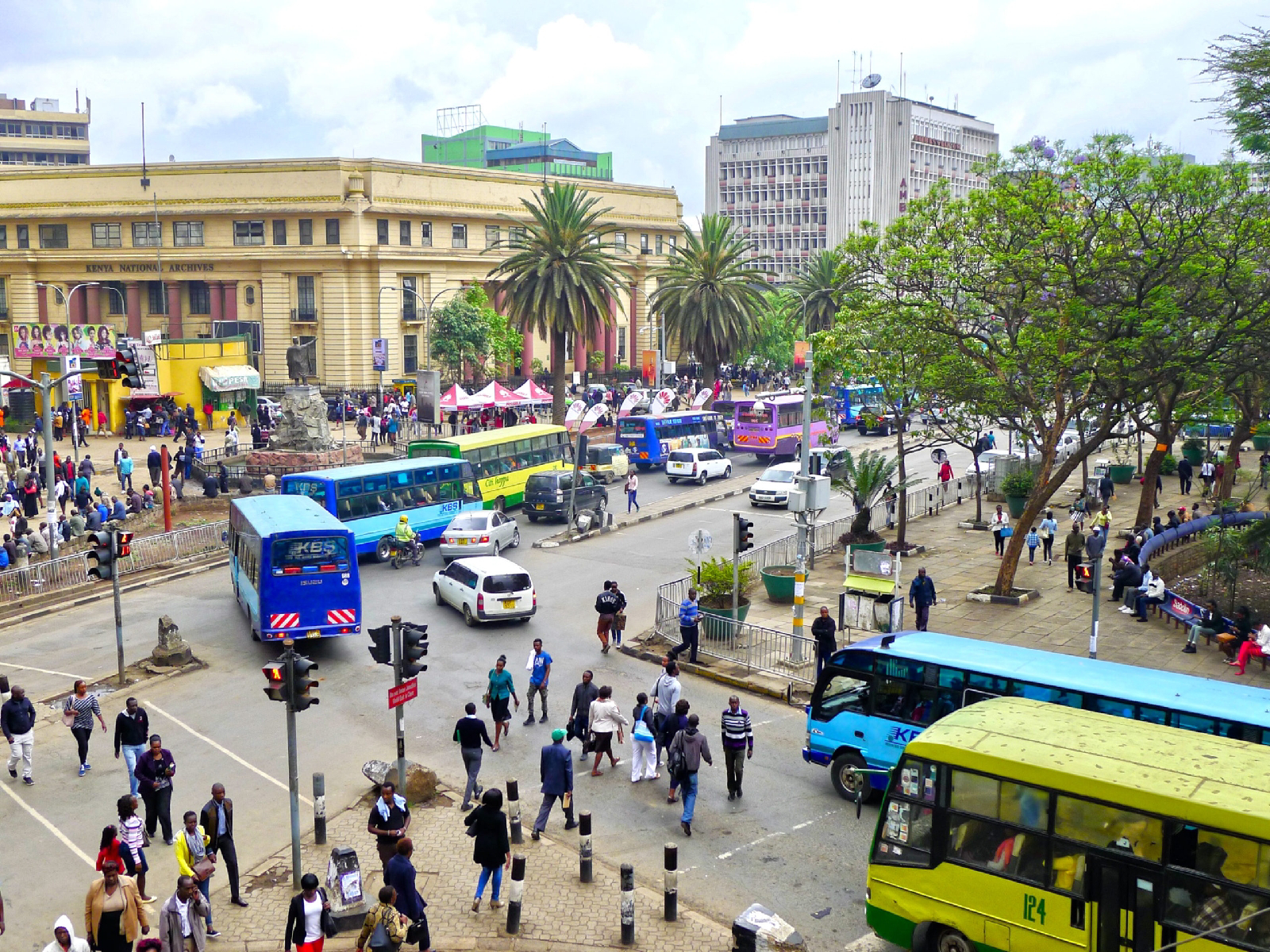EPRA Launches Electric Vehicle (EV) Charging and Battery Swapping Infrastructure Guidelines, 2023
The Energy and Regulatory Authority (EPRA) has launched the Electric Vehicle (EV) Charging and Battery Swapping Infrastructure Guidelines, 2023, which are positioned to improve the penetration and uptake of electric mobility in Kenya.
Electric mobility (e-mobility) is one of the focus areas in Kenya’s National Climate Change Action Plan (2018-2022). Kenya’s Nationally Determined Contribution (NDC) target is to reduce Green House Gas (GHG) emissions by 32% by 2030. The transport sector directly accounts for about 13% of the total emissions and growing, hence the need to shift to more sustainable, healthier and environmentally friendly modes of transport such as electric vehicles.
Speaking during the launch, EPRA’s Director General, Mr Daniel Kiptoo Bargoria said: “These guidelines add to the milestones that have already been achieved by the government in the e-mobility agenda.
Overall, they ensure that charging infrastructure is accessible to all including persons with disability, are affordable, that they are placed along major highways for long-distance travellers and that there are guidelines for home charging ports among others.”
The guidelines will provide an adoption framework that is aimed at contributing positively to investments in e-mobility and instilling confidence in its uptake.
“The guidelines go beyond providing a framework for charging ports and battery swapping stations to giving investors the confidence derived in knowing what is required of them during instalment. They also guide on the quality of infrastructure that is installed, ensuring that consumers safety and ease of access is provided,” added Mr. Kiptoo.
Looking at benefits to the wider energy sector, Mr Davis Chirchir, Cabinet Secretary, Ministry of Energy and Petroleum said that Electric mobility has the potential to increase how efficiently we consume electricity, ensuring that idle capacity is utilised during the off-peak period.
“We have noted that about 70 per cent of charging by most electric buses and motorbikes is done during the off-peak period. Going by July 2023 data, the country has an available capacity of 2,254 megawatts against a peak demand of 2,164 megawatts and a demand of about 1,230 megawatts during off-peak hours. This innovation takes us a step closer to energy efficiency, where more power is consumed during off-peak times,” he said.
Any person intending to install a public or private charging station or a battery swapping station at a place of their choice can now apply for a licence from EPRA with all charging equipment expected to be certified by the Kenya Bureau of Standards.
The guidelines also protect consumers from inflated charging costs by setting maximum mark-ups that can be applied to different vehicles including buses, cars and motorbikes.





Comments
Post a Comment